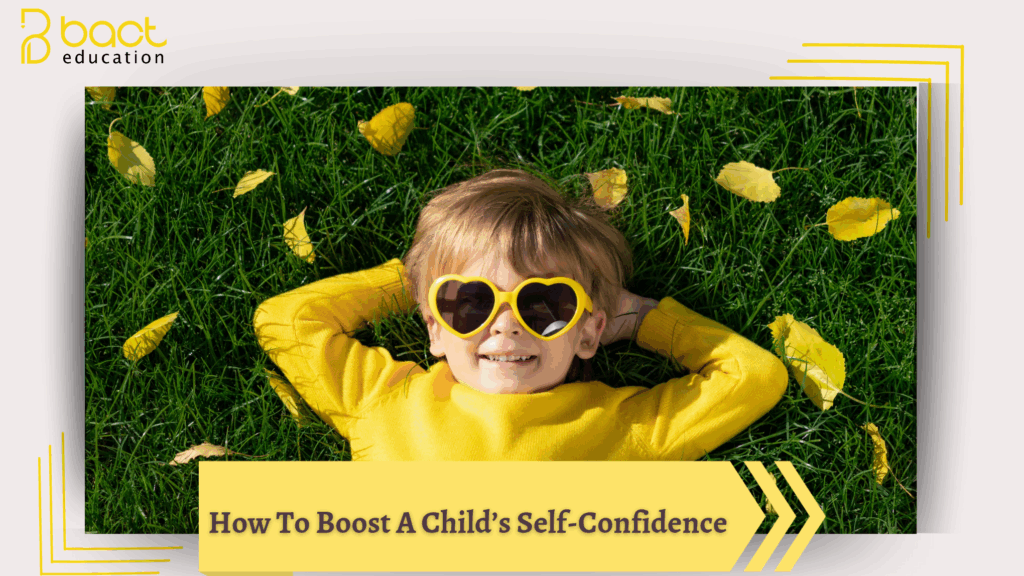Self-confidence is a crucial trait that helps children navigate challenges, build healthy relationships, and achieve success in life. When children believe in themselves, they are more likely to take on new experiences, persevere through difficulties, and develop a positive self-image. As parents and caregivers, fostering self-confidence in children should be a priority. Here are some effective ways to help build and strengthen a child’s self-esteem.
## **1. Offer Unconditional Love and Support**
Children need to feel loved and accepted for who they are, regardless of their achievements or mistakes. Show them that your love is not conditional on success. Encourage them by saying things like, *”I’m proud of you for trying,”* instead of only praising results.
## **2. Encourage Independence**
Allowing children to make age-appropriate choices helps them develop confidence in their decision-making skills. Simple tasks like picking their clothes, helping with chores, or solving small problems on their own can make them feel capable and responsible.
## **3. Praise Effort, Not Just Outcomes**
Instead of focusing only on achievements (e.g., *”You’re so smart!”*), praise their effort and persistence (e.g., *”You worked really hard on this!”*). This teaches them that effort matters more than perfection and helps them develop a growth mindset.
## **4. Teach Problem-Solving Skills**
When children face challenges, guide them in finding solutions rather than solving problems for them. Ask questions like, *”What do you think you can do about this?”* This builds their critical thinking and confidence in handling difficulties.
## **5. Set Realistic Goals**
Help children set achievable goals and celebrate small victories along the way. Breaking tasks into manageable steps prevents frustration and reinforces their belief in their abilities.
## **6. Be a Positive Role Model**
Children learn by observing adults. Demonstrate confidence in your own abilities, handle setbacks with resilience, and avoid self-critical talk. Show them that mistakes are part of learning.
## **7. Encourage Social Interaction**
Social skills play a big role in self-confidence. Encourage children to engage in group activities, make friends, and express themselves. Positive social experiences help them feel valued and capable.
## **8. Avoid Overprotectiveness**
While it’s natural to want to shield children from failure, overprotecting them can hinder their confidence. Let them experience small failures and guide them in learning from mistakes.
## **9. Provide Opportunities for Success**
Expose children to activities where they can excel, whether in sports, arts, academics, or hobbies. Success in one area can boost their overall self-esteem.
## **10. Listen and Validate Their Feelings**
When children express fears or insecurities, listen without judgment. Validate their emotions by saying, *”I understand this feels hard for you.”* This helps them feel understood and supported.
### **Conclusion**
Building a child’s self-confidence is a gradual process that requires patience, encouragement, and consistent support. By fostering a positive environment where children feel loved, capable, and resilient, parents and caregivers can help them grow into confident and self-assured individuals. Confidence is not about being perfect—it’s about believing in oneself and having the courage to keep trying.

